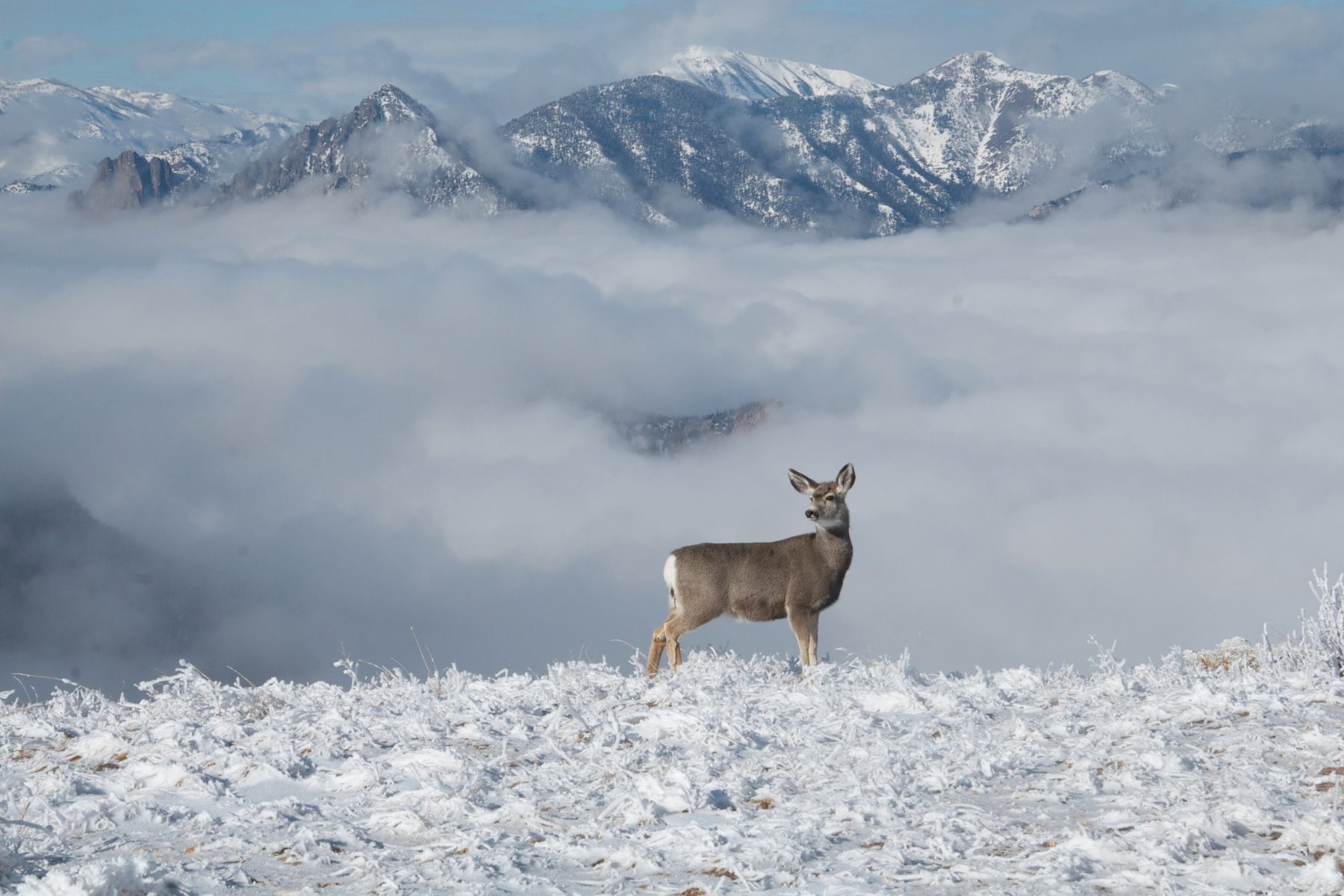After growing up in South Dakota and serving in the Marine Corps, I got my first brush with the beautiful state of Wyoming. Since then, I have been a carpenter in Cody, a gunsmith in Meeteetse and a student in Lander. During my time here, I’ve fallen in love with Wyoming. I’ve spent time hiking, biking, climbing, and skiing. I’ve spent even more time forming relationships with the wonderful people who live here. Now, as a 30-year-old, I am ready to settle down and start a life somewhere. I’m not sure, however, if Wyoming can be — or is — that place. For the time being, I have decided to stay and try to make it work, but just a few weeks ago, I wasn’t so sure.
Like too many others my age, I struggle to see a future here. From the outside, it appears as if Wyoming cannot even see a future for itself. Why is this? Why has no one articulated a future for Wyoming other than simply doubling down on declining extractive industries?
Humans have evolved to hunt. We seek out opportunity and we take aim. We aim by looking, assessing the landscape and choosing our target. As a species, we are quite good at this. So, as a state, what are we aiming for? Is our way forward really going to be business as usual, or that popular definition of insanity — doing the same thing over and over and expecting different results? Surely, this cannot be the road map for Wyoming’s future.
We are a state, in a country, on a continent, on a planet. One planet. Earth. We are global citizens with a responsibility to ourselves, each other, and our home. I’ve been looking at the landscape, along with the rest of my generation, and I see insect populations crashing, topsoil and glaciers disappearing, sea levels rising, and a climate that is unquestionably changing. Technology is still on a near-vertical trajectory, and the value of big data is starting to eclipse that of almost all other things. To me it seems like as a state, we are the last people to join the myriad important conversations that the rest of the world is having without us.
This is especially frustrating because Wyoming has such potential. I see a plethora of natural resources whose management could take on an economically and environmentally sustainable model. I see opportunities for new types of schools to educate young people to solve the complex problems our immediate future brings. I see a strong work ethic and an eagerness in the younger generations to accept the massive responsibility that is the stewardship of our environment. Like a small business that can easily adapt, move quickly on its feet, and address a rapidly changing market, Wyoming is a state with a small population and a similar capacity for adaptability. I truly see more in this state than any place I’ve ever been, and I want a promising future for Wyoming. I’m choosing to stay, for now, in the hopes that Wyoming can and will realize its potential.
In order to do this, the citizens of this state need leadership, though. We need people with the courage to stay, to think boldly, and to propose new ways forward. Global trends are moving so quickly that keeping up can be a daunting task. However, if we look past our own borders we can easily see large-scale trends developing. We see a growing environmental movement (especially abroad), exemplified by reductions in housing sizes, conscious shifts away from frivolous consumerism, an exploding outdoor recreation economy, and the race for many companies to produce effective electric vehicles for transportation. These examples and more point to the adoption of environmental sustainability as a cultural centerpiece for younger generations. The future economy of the world won’t be measured in GDP — it will be measured in terms of sustainability. Not because it’s simply a good idea, but because we are on a collision course with the wholesale extermination of our own species if we cannot get it together. The necessity of environmental sustainability will drive the new world economy.
Wyoming can lead the way or risk being left behind.
Lucas moved to Lander in 2016 in order to attend school at Central Wyoming College. Now, he’s a designer and builder who digs minimalism, and when he’s not building, he’s out riding his bike or exploring the hills.

